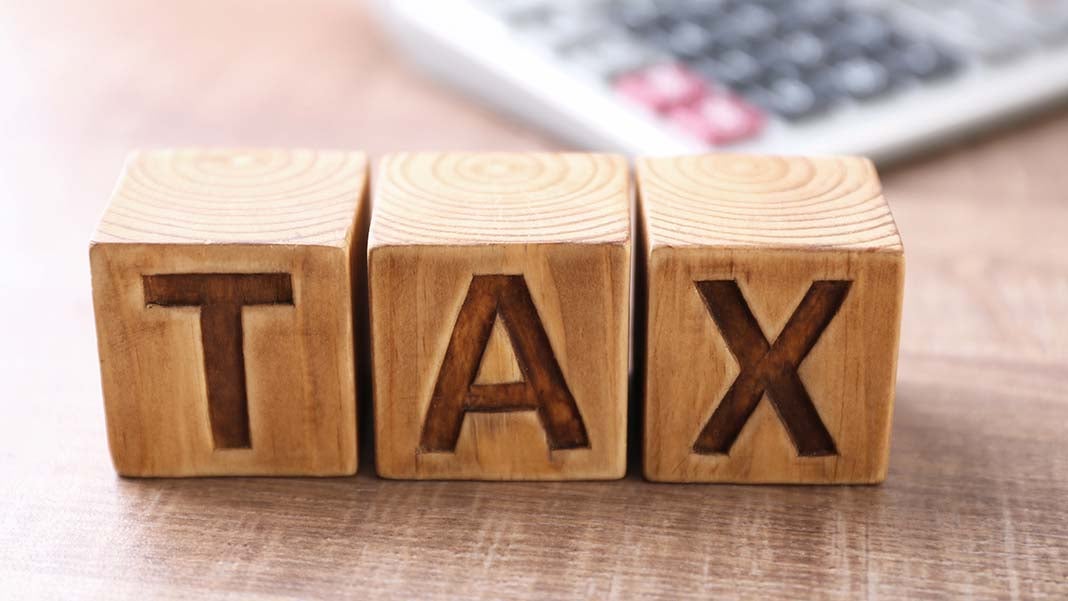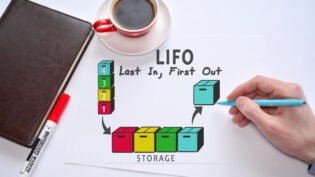Employers May Give Employees Tax-Free Disaster Relief
By: TaxConnections

If they carefully follow the guidelines, employers may give cash payments to employees for disaster relief, tax-free. Under Sec. 139 of the Internal Revenue Code, qualified disaster relief payments to employees are tax free to the employee and deductible by the employer. This includes income as well as social security and Medicare taxes.
Three rules apply to determine if the payments come under Sec. 139:
- The employee must live in a qualified disaster area. This can be a disaster resulting from terrorist or military activity or it can be a federally declared disaster such as a hurricane.
- The employee must live within the qualified disaster area.
- The payment must be made for expenses resulting from the disaster that are considered qualified under Sec. 139.
A qualified disaster payment is any payment received or incurred by the employee who has incurred expenses as the result of a qualified disaster. These payments must be made to pay for or reimburse the employee for reasonable and necessary personal, family, living, or funeral expenses. In addition, the payments may be made to compensate the employee for reasonable and necessary expenses incurred for the repair of a personal residence or contents to the extent that the damage is attributable to a qualified disaster.
If the payments cover items that are reimbursed by the employee’s insurance, the payments would be taxable income to the employee.
In addition to reimbursing the employee for disaster-related expenses, Sec 139 also allows the employer to make interest-free loans to employees up to $10,000 to help cover disaster-related expenses. There must be a reasonable expectation of repayment by the employee.
Fellow employees may wish to help affected employees. In these instances, the employer may serve as a “clearing house” to collect these payments from employees. They should be kept separate from any payment from the employer and labeled “employee-to-employee” amounts. As gifts, these are not subject to taxation.
Have any questions? Contact John
Author: Dr. John Stancil (My Bald CPA) is Professor Emeritus of Accounting and Tax at Florida Southern College in Lakeland, FL. He is a CPA, CMA, and CFM and passed all exams on the first attempt. He holds a DBA from the University of Memphis and the MBA from the University of Georgia. He has maintained a CPA practice since 1979 with an emphasis in taxation. His areas of expertise include church and clergy tax issues and the foreign earned income credit. He prepares all types of returns, individual and business.














